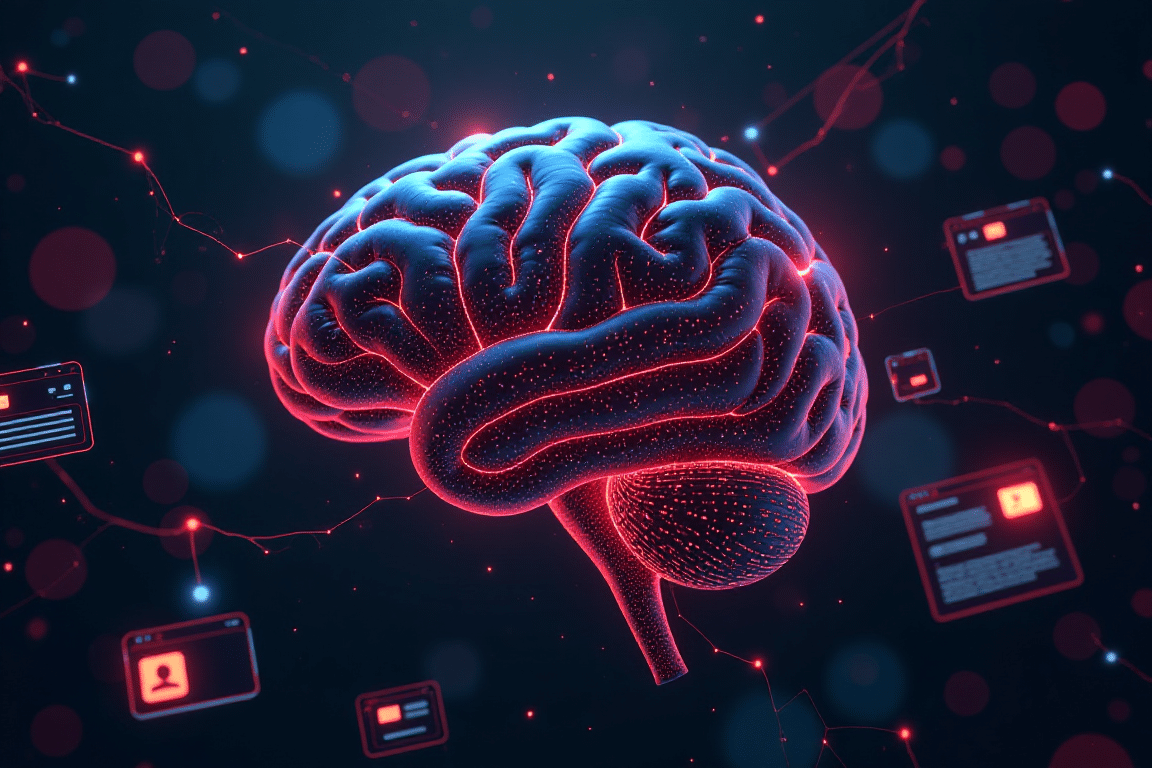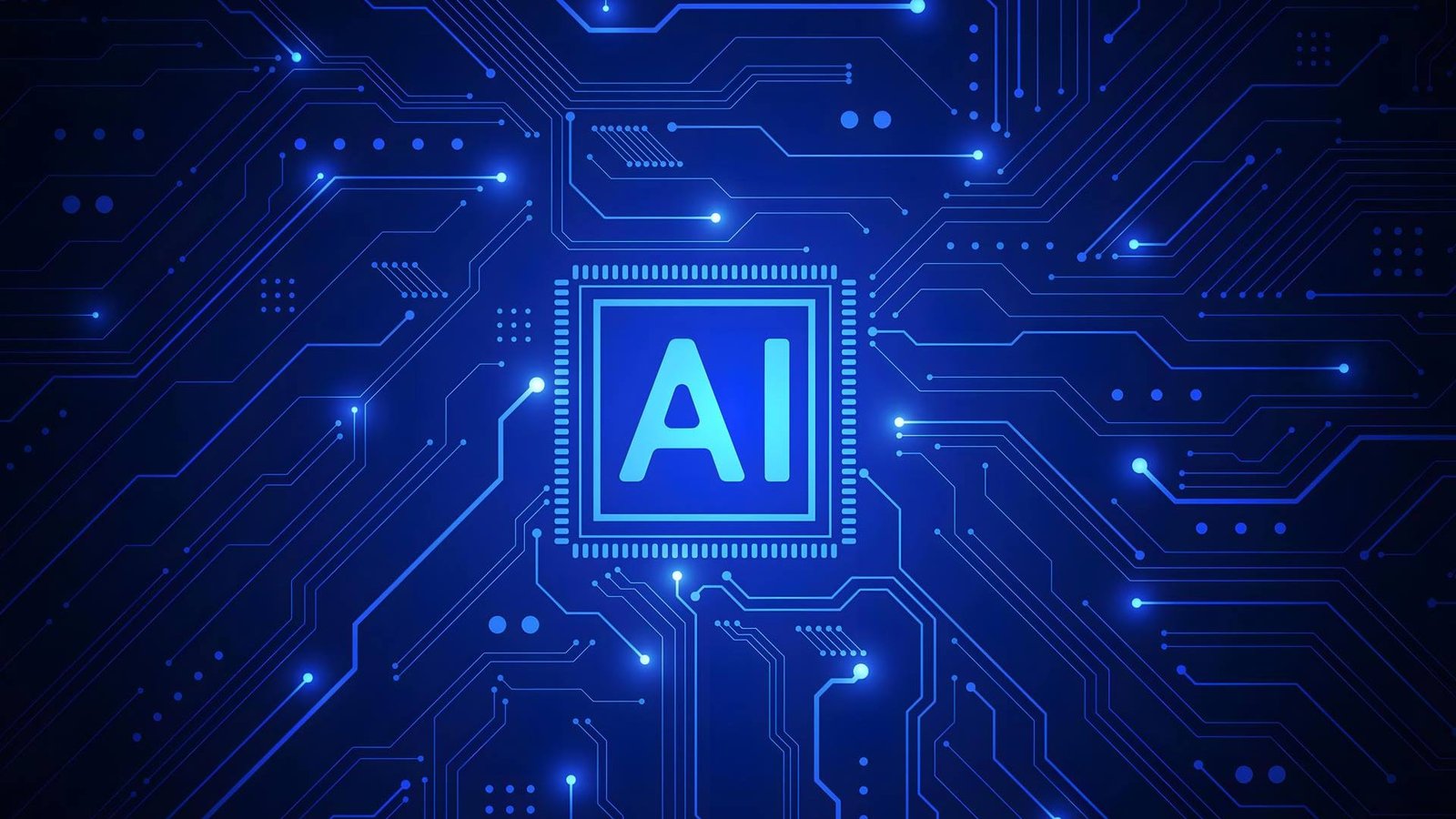OpenAI has just made ChatGPT significantly smarter — and more personal.
With its latest update, ChatGPT can now automatically remember everything you’ve discussed across all past interactions. This enhanced memory capability, announced by OpenAI CEO Sam Altman, is designed to create a more tailored, seamless user experience by allowing the AI to recall everything from your preferences to past questions — without you needing to repeat yourself.
What’s New with ChatGPT Memory?
Until now, users had to manually ask ChatGPT to remember certain facts. The new version changes the game by introducing two distinct memory layers:
- Saved Memories: Specific information you’ve asked ChatGPT to retain.
- Automatic Chat History: Details the AI extracts from your past conversations to build a more complete picture of your preferences.
Whether you’re a fan of bullet-point answers or you’ve shared that you love indie rock music, ChatGPT will now remember — and respond accordingly in future chats.
Personalization at Scale
OpenAI emphasizes that this change creates a more fluid and intuitive experience. “New conversations naturally build upon what it already knows about you,” the company said, “making interactions feel smoother and uniquely tailored.”
If you’re interested in the broader implications of advanced AI personalization, you may also want to explore how AI roleplay chatbots are raising concerns around privacy and data safety in social interactions.
Yes, You Can Still Control Your Privacy
Not everyone is thrilled by the idea of an AI storing potentially sensitive personal details. Understandably, concerns about data privacy are growing, especially in an era of frequent data breaches and hyper-targeted advertising.
OpenAI offers full transparency and control. Users can:
- Turn off memory entirely
- Delete specific memories manually
- Use Temporary Chat mode, which doesn’t retain any information
As Altman noted, “You can of course opt out of this, or memory altogether… and you can use temporary chat if you want to have a conversation that won’t use or affect memory.”
Who Can Access the New Feature?
Currently, the upgraded memory feature is only available to ChatGPT Pro users paying the $200/month subscription fee. It’s expected to roll out to Plus users soon — but with some regional restrictions. Users in the EEA, UK, Switzerland, Norway, Iceland, and Liechtenstein are currently excluded from the rollout.
Potential Downsides: Are We Getting Too Comfortable with AI?
While this upgrade promises enhanced productivity and convenience, researchers are sounding the alarm. Studies from OpenAI and MIT Media Lab suggest that users who engage deeply and regularly with ChatGPT may experience increased feelings of loneliness and emotional dependence.
In a randomized controlled trial and analysis of 40 million interactions, “power users” were more likely to view the chatbot as a friend — a phenomenon that may blur the lines between genuine social interaction and digital simulation.
The Future of AI Memory: A Useful Tool or a Slippery Slope?
The idea of a chatbot that gets to know you over time, remembers your quirks, and adapts to your style is undeniably powerful. But it also raises deeper questions about digital boundaries and emotional well-being. Is this personalization helping us — or is it making us too reliant on digital companionship?
As AI continues to evolve, features like ChatGPT’s memory are likely to become the norm. And with advancements such as the GPT-4.1 models designed for even deeper contextual understanding, we may be only scratching the surface of what AI will remember — and how it will use that memory.
Final Thoughts
ChatGPT’s memory update marks a major step toward ultra-personalized AI. While it offers exciting potential, it also invites a necessary debate on where we draw the line between helpful and invasive. The choice, for now, remains in your hands — and in your settings.







